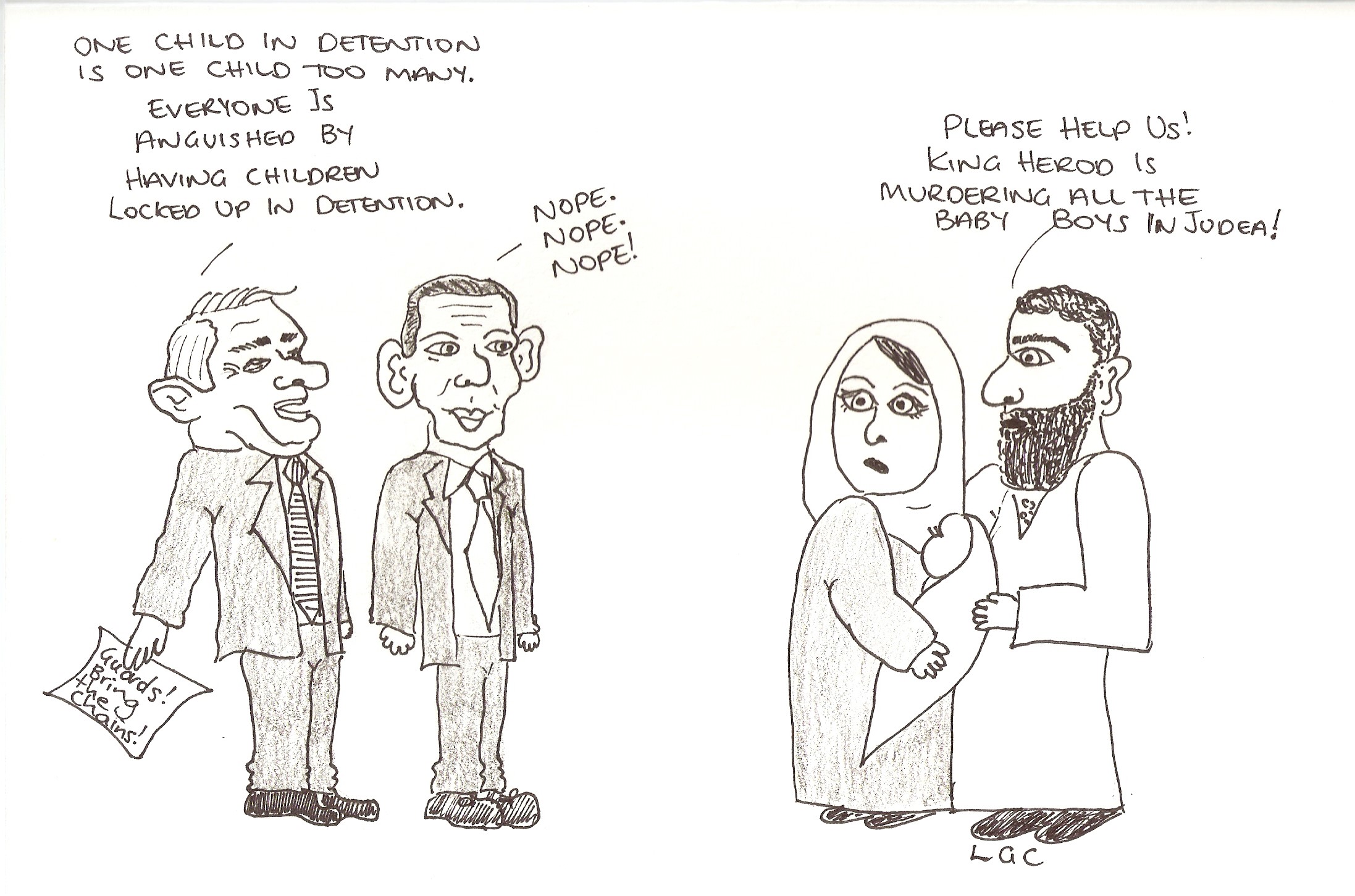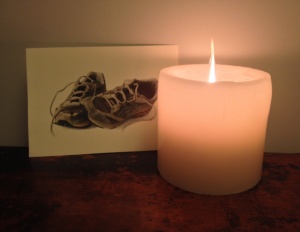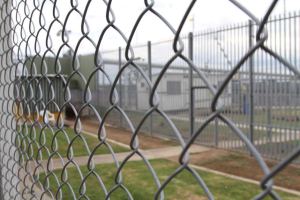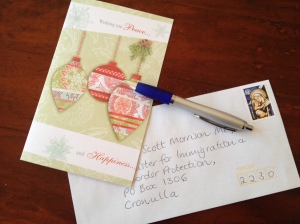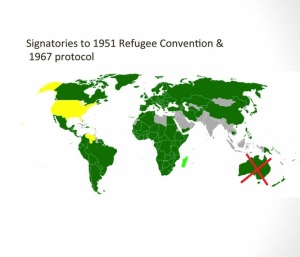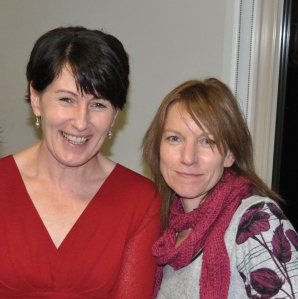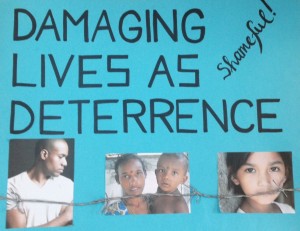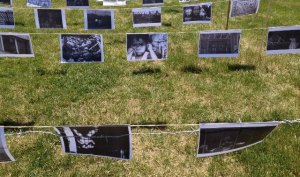
On October 14, 2023, Australia citizens will be asked if they support the following addition to the Australian Constitution:
“Chapter IX Recognition of Aboriginal and Torres Strait Islander Peoples
129 Aboriginal and Torres Strait Islander Voice
In recognition of Aboriginal and Torres Strait Islander peoples as the First Peoples of Australia:
- there shall be a body, to be called the Aboriginal and Torres Strait Islander Voice;
- the Aboriginal and Torres Strait Islander Voice may make representations to the Parliament and the Executive Government of the Commonwealth on matters relating to Aboriginal and Torres Strait Islander peoples;
- the Parliament shall, subject to this Constitution, have power to make laws with respect to matters relating to the Aboriginal and Torres Strait Islander Voice, including its composition, functions, powers and procedures.”
This addition will create the following opportunities:
An Opportunity to Provide Indigenous Recognition
The Australian flag, national anthem and Constitution make no reference at all to the fact that Aboriginal and Torres Strait Islander people lived on, and cared for, the lands we now call Australia for thousands of years before colonial settlement. I believe that it is only right, and well overdue, that they be formally recognised in the nation’s guiding document.
An Opportunity to Work Together
Recognition in words alone is tokenistic. In order to be meaningful, it must be matched with an action of collaboration and cooperation. Including an Aboriginal and Torres Strait Islander advisory committee in the Constitution means that there will always be a formal avenue for Aboriginal and Torres Strait Islander people to make representations to the government on the matters that directly affect them. Where bodies like this have existed in the past, they have been abolished by successive governments, even when achieving positive outcomes.
The Australian Constitution does not contain detail on anything. It is a series of over-arching statements which provide the basic framework for how Parliament, the Judicature, Finance and Trade, and states and territories work. It states that there will be tax, for example, but does not provide any information on what will be taxed, how it will be taxed, nor how revenue from tax can and cannot be used. The detail sits in the separate tax legislation developed by Parliament. It is exactly the same with the Voice. The detail on how the Voice operates will be recorded in legislation developed through the usual Parliamentary processes, and can be tweaked and changed by Parliament as needed. Once in the Constitution, the advisory committee must always exist. It can’t be abolished by a future government, but it can be re-shaped through the supporting legislation if needed.
An Opportunity to Promote Equity
It may surprise some people to learn that the Australian Constitution already says that people of different races may be treated differently. Section 25 says that if any State has a law preventing people of a particular race from voting in State elections, then the votes of people of that race in that State will not be counted in a Federal election. Section 51 says that Parliament has the right make specific laws for people of any specific race as is deemed necessary. In Australia’s recent history, these clauses have only been used to make laws about Aboriginal and Torres Strait Islander people. The Voice to Parliament will give Aboriginal and Torres Strait Islander people a formal process to consult on any laws made under Section 51, to help ensure the laws are not unjust or oppressive (as they often have been in the past). It is a way to even up the imbalance that already exists in the Constitution.
At the time of writing, there are 333 organisations listed on the national Register of Lobbyists. There are also many national advocacy bodies for particular groups of people, such as the Australian Youth Affairs Coalition, the Disability Advocacy Network Australia, the Federation of Ethic Communities’ Councils of Australia, the Australian Medical Association, the National Shooting Council and the National Farmers’ Federation. These organisations have a voice to Parliament by regularly making representations to government on issues that affect them. It makes sense then, for Aboriginal and Torres Strait Islander people to have the same opportunity.
An Opportunity to Achieve Positive Outcomes
A quick skim of the latest Closing the Gap report will show you that progress on key targets for improving Aboriginal and Torres Strait Islander life outcomes is actually going backwards. The Voice is a way for First Nations people to have proper input into improving outcomes to even up the equality scales.
When people have a genuine say in the design and delivery of services that affect them, better outcomes are achieved. This is particularly true for First Nations people. For years governments have been rolling out programs based on what they think is best, not based on what local people with lived experience know will work best. Services and programs have ended up being inappropriate, inaccessible, unsuccessful and, in some cases, harmful. Listening to the knowledge, wisdom and experience of First Nations people will facilitate better program and service design. It will help to ensure that there are good returns for the funds invested.
More than 120 health and medical organisations across Australia have signed an open letter to the Australian public, stating that they confidently believe that the proposed Voice will enhance government decision making about matters that affect Aboriginal and Torres Strait Islander peoples, ultimately improving health outcomes.
An Opportunity to Stand with my Neighbour
It is true that some Aboriginal and Torres Strait Islander people do not support Constitutional recognition and/or Voice to Parliament. This is understandable given the mistrust for government that has been caused by a history of brutality, dispossession and disenfranchisement, the arbitrary removal of children and years of discrimination and inaction. However, the majority of Aboriginal and Torres Straight Islander people do support it. Over 250 Aboriginal and Torres Strait Islander delegates, from Indigenous communities across Australia, came together six years ago to draft the Uluru Statement of the Heart by consensus. A First Nations Voice enshrined in the Constitution was key element of the Statement. Independent research has since consistently shown more than 80% of First Nations People support the Voice.
On Wadawurrung country, where I live, Traditional Owners and local elders are leading the local ‘Yes’ campaign. They have asked us to vote with them, and so I will. As a woman of Christian faith, I believe that doing so is following the direction Jesus gave when he said that loving my neighbour as myself (that is, placing as much importance on my neighbour’s needs as on my own) is one of the greatest commandments there is.

 “Let us pray for the victims of war:
“Let us pray for the victims of war: